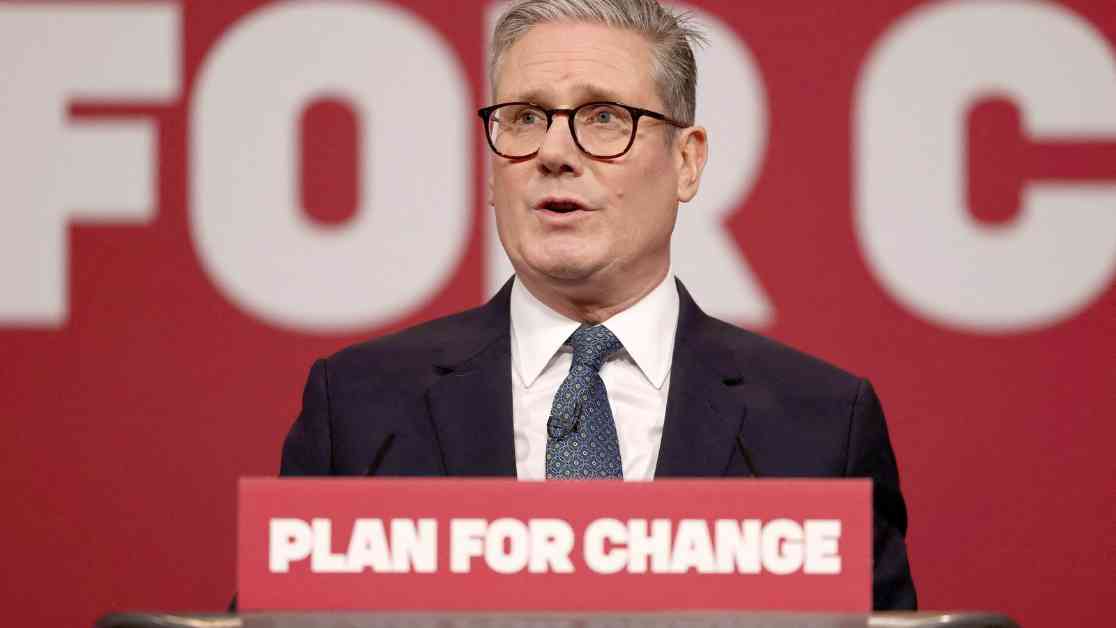Sir Keir Starmer, the Prime Minister, recently announced the government’s new “milestones” in a bid to drive forward his party’s missions and allow the public to hold them accountable. However, the exclusion of migration reduction from the list has raised eyebrows and sparked discussions.
What are the Milestones?
Sir Keir revealed six key milestones that he aims to achieve by the end of this parliament. These milestones include raising living standards across the UK, rebuilding Britain by constructing 1.5 million homes, ending hospital backlogs, putting police back on the beat, ensuring children have the best start in life, and securing homegrown energy to reach at least 95% clean power by 2030.
Migration Reduction Exclusion
Despite Labour’s previous focus on borders and the economy, migration reduction was notably absent from the list of milestones. When questioned about this decision, Sir Keir emphasized that bringing migration down is a duty that his government will fulfill, although he did not set a specific target or timeline for this goal.
Expert Commentary
Following the announcement, Net Zero Secretary Ed Miliband clarified that the government’s target of 95% clean power aligns with the Climate Change Committee’s definition of net zero. However, Senior Conservative Alex Burghart criticized Labour, calling the speech a reset and accusing them of losing their way in the past, highlighting the government’s history of unfulfilled promises.
Sir Keir acknowledged the challenges ahead, particularly in achieving the ambitious goal of building 1.5 million homes by 2029. Despite concerns about the feasibility of these milestones, he remains steadfast in his commitment to driving change and creating a cultural shift within the government.
In a political landscape filled with skepticism and broken promises, Sir Keir’s Plan for Change faces scrutiny from both supporters and critics alike. As the government embarks on this journey to realize their milestones, the public remains vigilant, questioning whether these ambitious goals will translate into tangible outcomes.













